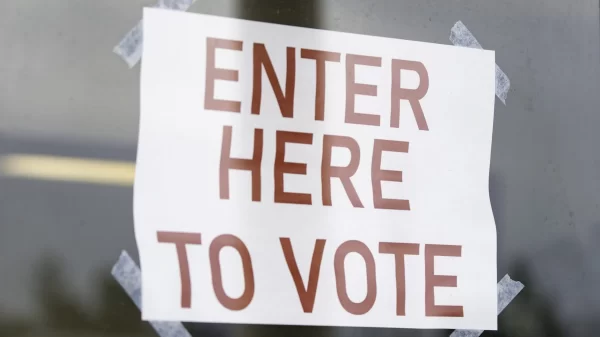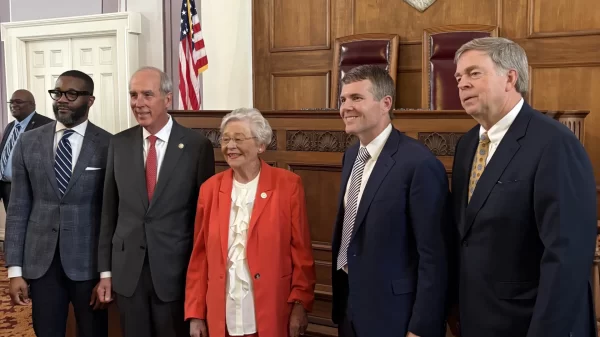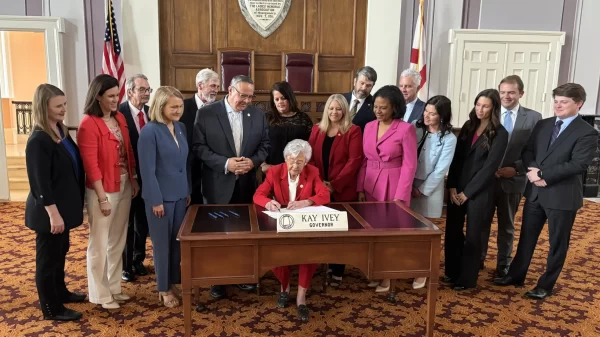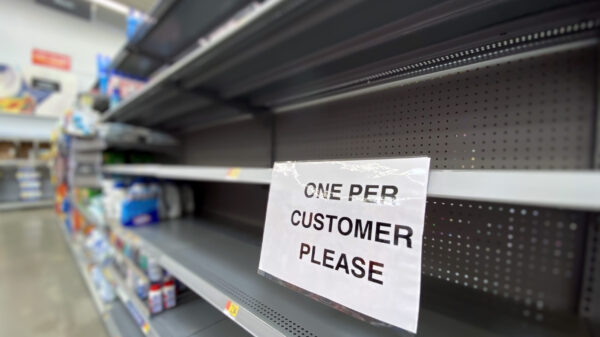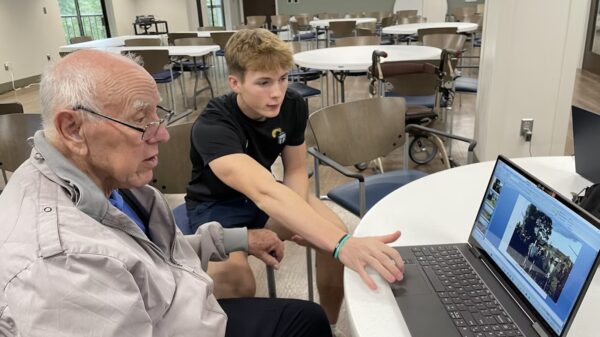|
Getting your Trinity Audio player ready...
|
The COVID-19 pandemic rocked communities across Alabama in 2020 as it did throughout the globe, leaving counties and municipalities scrambling to adapt to the unprecedented impacts.
Not only are municipalities regaining that pre-pandemic footing, Alabama League of Municipalities executive director Greg Cochran said many municipalities are now working to provide a better quality of life than before.
“We came out of it as municipalities in the state very well compared to a lot of states that struggled opening businesses and resorts,” Cochran said. “Their revenue streams were slow to come back, ours came back pretty strong after nine months. What we have advised communities, as congress started debating ARPA money, is to put focus groups together within communities to look for opportunities to make generational changes to quality of life for those communities.”
The state so far has focused its ARPA funding on broadband expansion, water treatment, health care and, controversially, prison construction
That funding has started to trickle down to municipalities to make those generational improvements, while federal money has also been trickling down to municipalities.
State officials have been cautioning municipalities and counties not to invest those funds in any recurring expenses as the federal funding will dry up.
“What I believe that 99 percent of the municipalities have been doing is talking with community leaders in evaluating how best we use these funds over the next two years to implement programs that have a lasting legacy for our communities,” Cochran said. “What we have reminded them repeatedly, as have state and federal officials, these are one-time monies … Put it into deployment of utilities to change the quality of life.”
While broadband had been becoming more and more important leading up to COVID-19, the pandemic both revealed how crucial broadband access is and amplified its necessity as people began working and learning remotely.
The ability to work from home creates opportunities for both Alabama Citizens and businesses, but creates challenges as well, particularly for sectors that have less ability to utilize remote working options.
“One of the things we’ve been pushing with broadband deployment is giving citizens the opportunity for remote work, whether it’s an Alabama company, Southeast company or one across the nation,” Cochran said. “It also creates unique challenges when looking for people to come into a workspace, when they may choose the lifestyle that they want.”
Cochran said municipalities are seeing rising wages, partly due to inflation, but also due to increased competitiveness for workers. Alabama announced a record-low unemployment rate of 2.6 percent in June.
“It creates wonderful opportunities for our Alabama citizens as long as they have the technology in place to take advantage of it,” Cochran said. “In some of our rural parts of our state, broadband is just inaccessible. If we could get that deployment of broadband for communities, it also enhances the opportunity for telemedicine and telelearning. It’s an exponential improvement for quality of life.
As citizens saw at the start of the pandemic, tourism and restaurants were hit particularly hard at the beginning of the pandemic as people stopped vacationing and restaurants had to close dining rooms.
Cochran said that began to bounce back after about nine months as people began taking vacations again and some of the restrictions relaxed or restaurants adapted through curbside pickup and delivery.
But the retail and healthcare industries are visibly still struggling to find workers. Many restaurants since the start of the pandemic have been short-staffed.
“We’re kind of in the same place we were before the pandemic where it’s hard to find employees,” said Nancy Dennis, director of public relations for the Alabama Retail Association. “The difference is that so many people left the retail and restaurant industries during the pandemic.”


